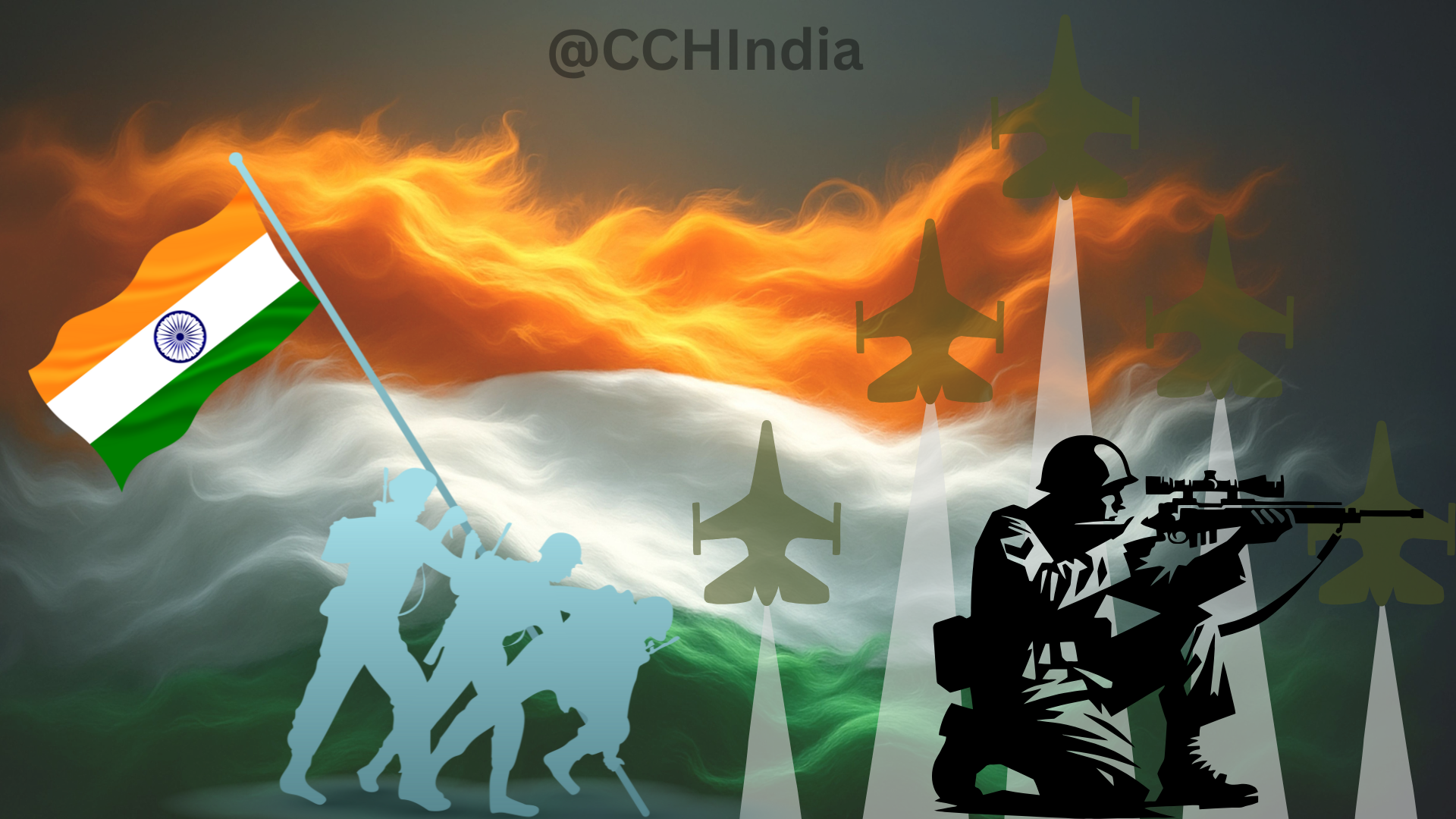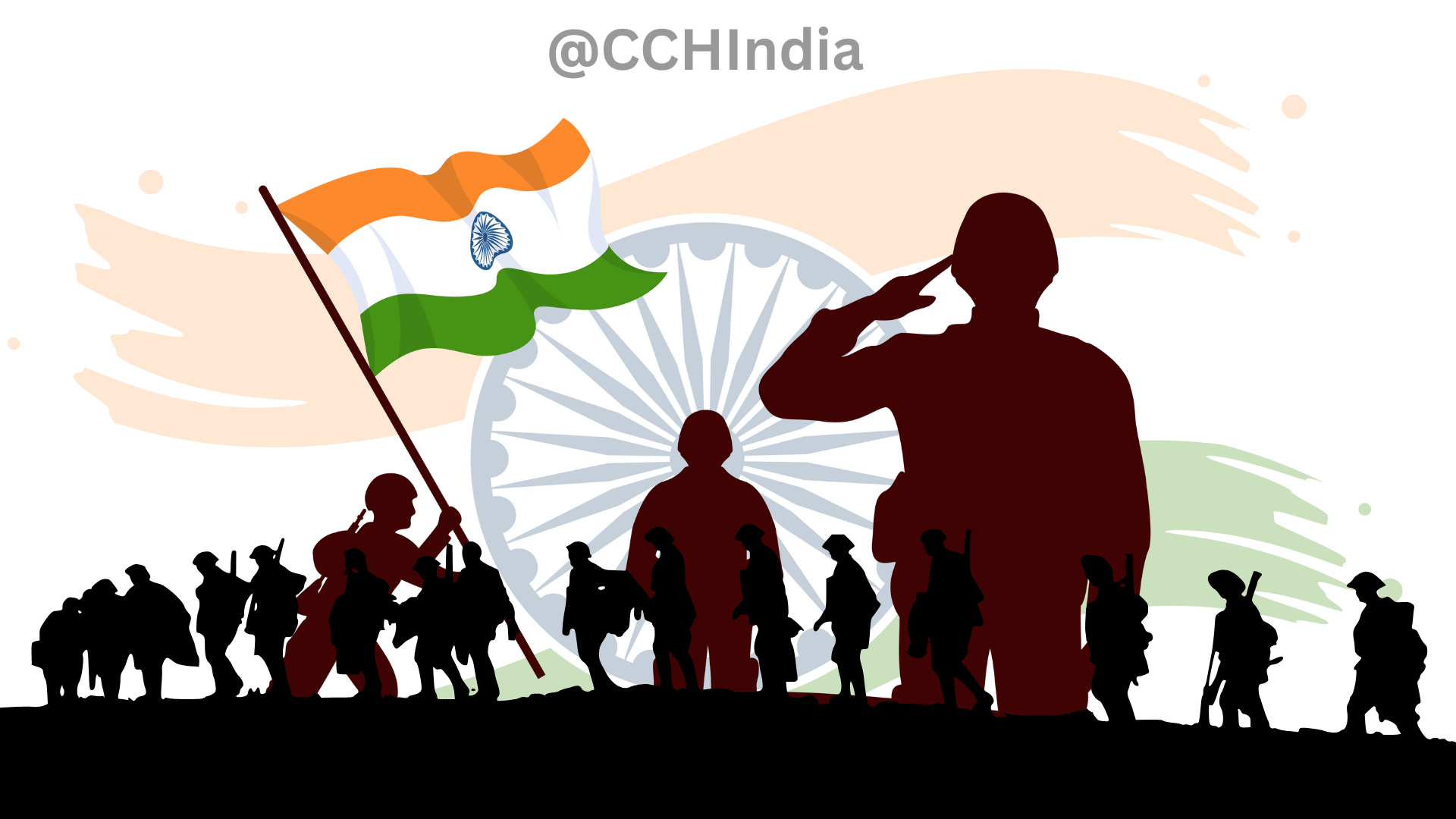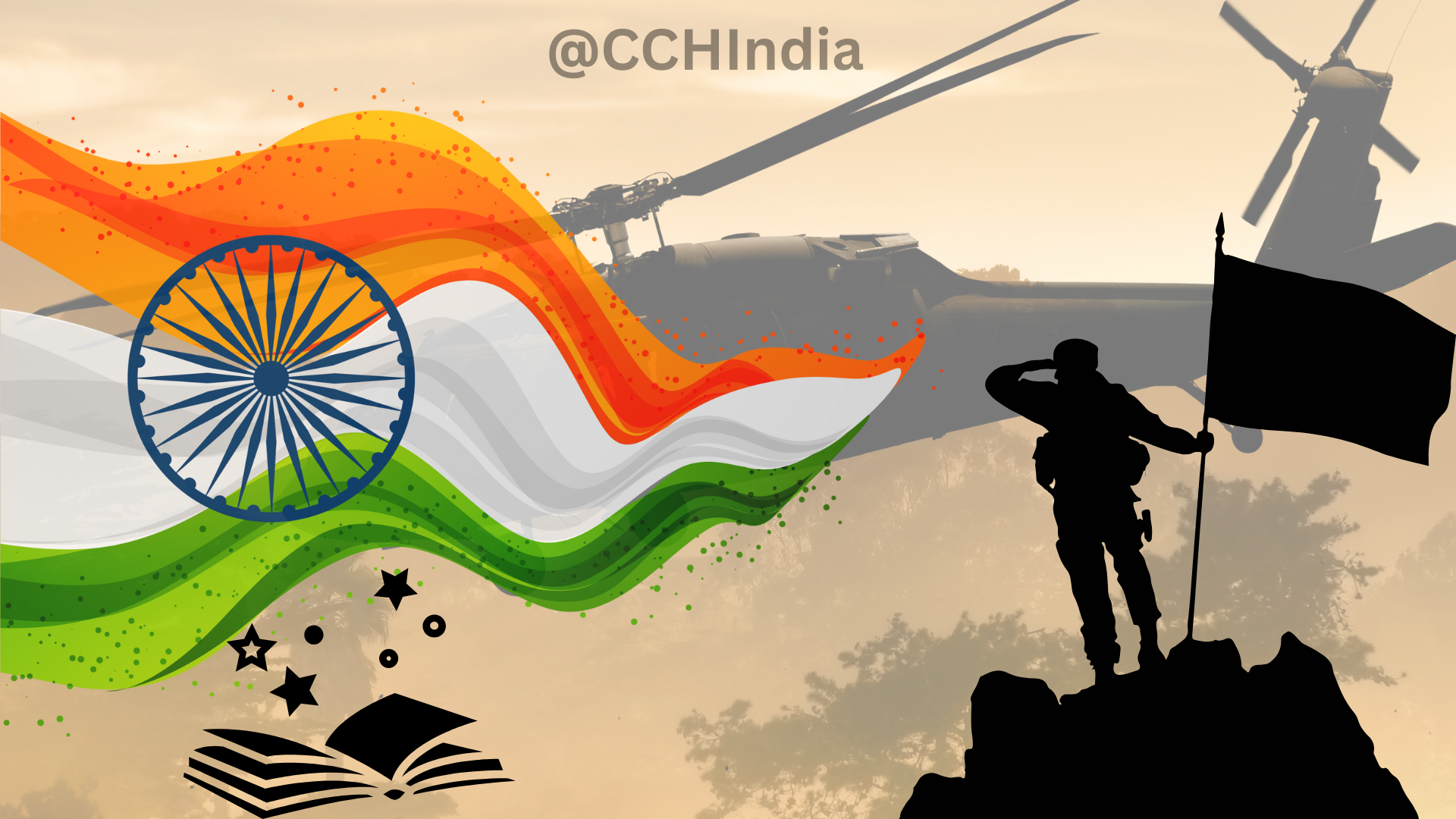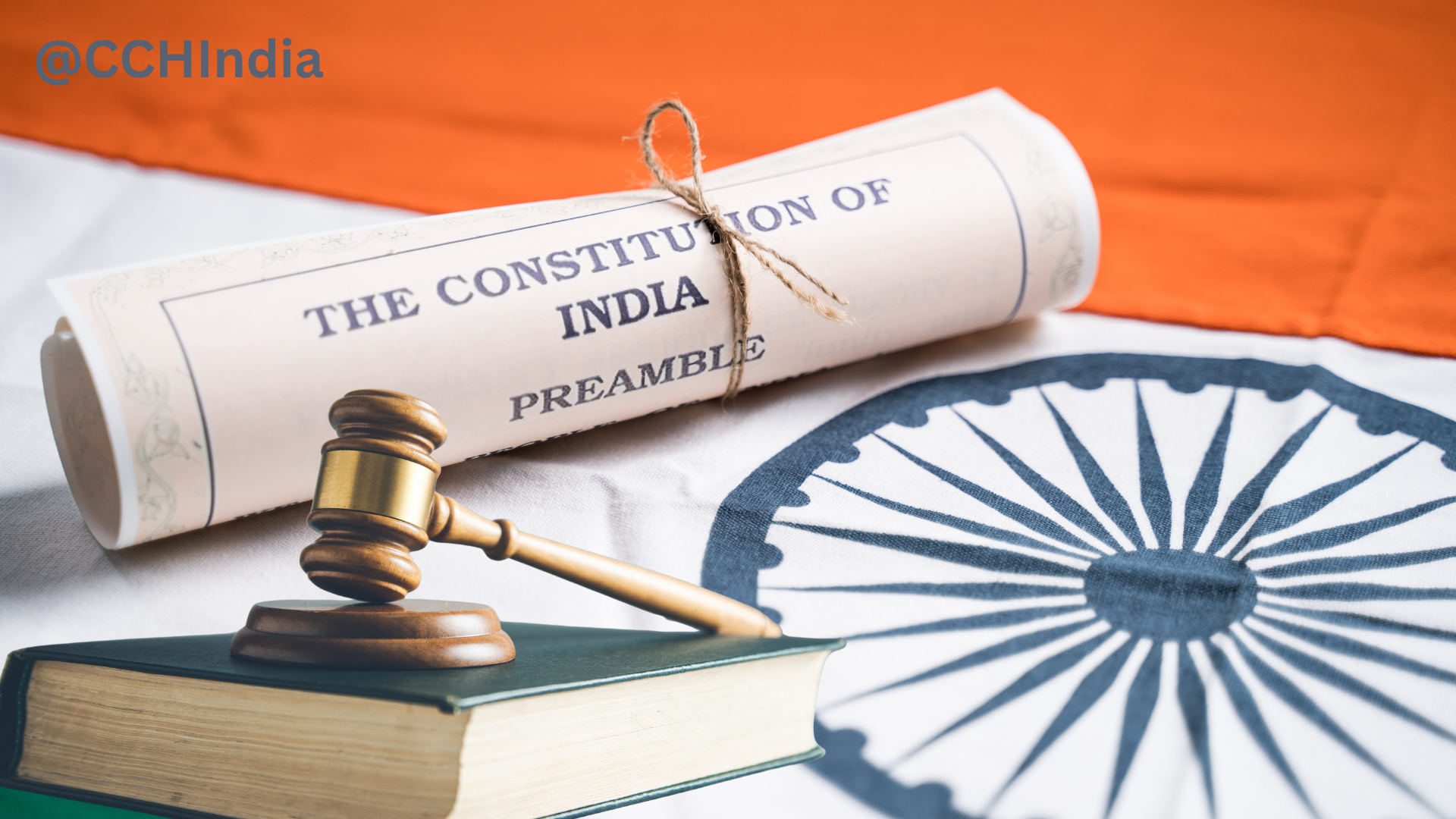Vijay Diwas 2025: Inspiring Quotes, Messages and Images
Celebrate Vijay Diwas 2025 with inspiring quotes, patriotic messages, and HD images that honor India’s 1971 war heroes and their incredible courage.

25th June 1975 was the day when the then Prime Minister Mrs. Indira Gandhi imposed a National Emergency on India.
Every year on 25th June, India observes a “Samvidhaan Hatya Diwas” or “Day of the Death of the Indian Constitution” as a sombre reminder of the times when democracy ceased to exist. The emergency lasted for 21 months, from 25th June 1975 till 21st March, 1977.
The Vice-President of India, Shri Jagdeep Dhankhar, on 20th June 2025, interacting with participants of the 7th Batch of Rajya Sabha internship program (RSIP-7) at Vice-President Enclave, said, “Today I am reflecting on an incident, which comes as a sad anniversary within seven days. India was in the 28th year of its independence from the British colonial regime in 1975. It was June 25, 1975, at midnight. The President of India, then, Fakhruddin Ali Ahmed, signed, at the instance of the then Prime Minister, Smt. Indira Gandhi — a declaration of Emergency in the nation. It was for the first time.”
25th June is a day intended to remind the citizens of India of the times when the constitution was trampled over and democracy was no longer an operative. It is a day to acknowledge the struggles and sacrifices of individuals who fought against the ‘abuse of power’ without any rhyme or reason. The day also servers as a reminder to uphold the constitution and the democratic values in the interest of the nation and it’s people.
Shri Jagdeep Dhankhar pointed out the gross atrocities that took place, “They were dragged out of their homes, put in jails all over the country. Our Constitution ceased to exist. Our media was held hostage. Some of the illustrious newspapers had blank editorials.” He continues, “And you know, illustratively, who were these people who were suddenly put behind bars? Many of them became Prime Ministers of this country — Atal Bihari Vajpayee, Morarji Desai, Chandra Shekhar Ji. Many of them became Chief Ministers, Governors, Scientists, and talented people. Many of them were your age.”
The India Gandhi government while imposing the emergency cited that there was a "threat to the security of India due to internal disturbance”. It is common knowledge that this decision came after Allahabad High Court declared India Gandhi’s election from Rae Bareli Lok Sabha seat null and void, finding her guilty of electoral malpractices like booth capturing and vote rigging. Opposition parties, led by Jayaprakash Narayan launched a nation wide agitation to defy the ‘immoral’ orders of the government.
During the emergency, fundamental rights of the citizens were suspended, opposition leaders were jailed, press and media were under censorship, police and the judicial system failed to protect the citizen and instead acted at the behest of the government which led to some gruesome acts like forceful mass sterilization of men without consent.
Turning to the judiciary’s failure, the Vice-President highlighted, “That was a time when the fundamental essence of democracy capsized in times of distress. People look up to the Judiciary. Nine High Courts in the country have gloriously defined that, emergency or no emergency, people have fundamental rights, and there is access to the justice system. Unfortunately, the Supreme Court overturned all nine High Courts and gave a judgment which will be the darkest in the history of any Judicial institution in the world that believes in the rule of law. The decision was that it is the will of the Executive to have Emergency for as much time as it thinks fit”.
“And secondly, during an Emergency, there are no fundamental rights. So the judgment of the Supreme Court legitimised dictatorship, authoritarianism, and despotism in this land, Bharat, the oldest and now most vibrant democracy. You, therefore, have to remember it because you were not there. I was there.” he continued.
Vice-President, Shri Jagdeep Dhankhar said with a call to duty, “And this is to make the event a sombre reminder — that we have to be ourselves, Guardians and watchdogs of democratic values. So, I urge all of you to carefully analyze. Then you will come to know the price of democracy.”
The emergency was revoked on 21st March 1977 and elections post that saw India Gandhi led congress lose power. The Janta Party, led by Morarji Desai came to power. The Morarji Desai government then enacted the 44th Constitutional Amendment Act of 1978, which introduced significant changes to Article 352, including requiring the President to impose an emergency only on the written advice of the Union cabinet and replacing "internal disturbance" with "armed rebellion.”

Celebrate Vijay Diwas 2025 with inspiring quotes, patriotic messages, and HD images that honor India’s 1971 war heroes and their incredible courage.

Celebrate Vijay Diwas by remembering the untold stories of bravery from the 1971 war. Explore how India’s heroes showed unmatched courage that shaped our nation’s destiny.

On Vijay Diwas, India honors the heroes of the 1971 war who led to the creation of Bangladesh. Discover why remembering their sacrifice is more important than ever in today’s world.

On Constitution Day 2025, let’s pause and really think about what Indian democracy stands for — beyond the textbooks and slogans. Here’s a heartfelt reflection on the spirit that keeps our nation together.

